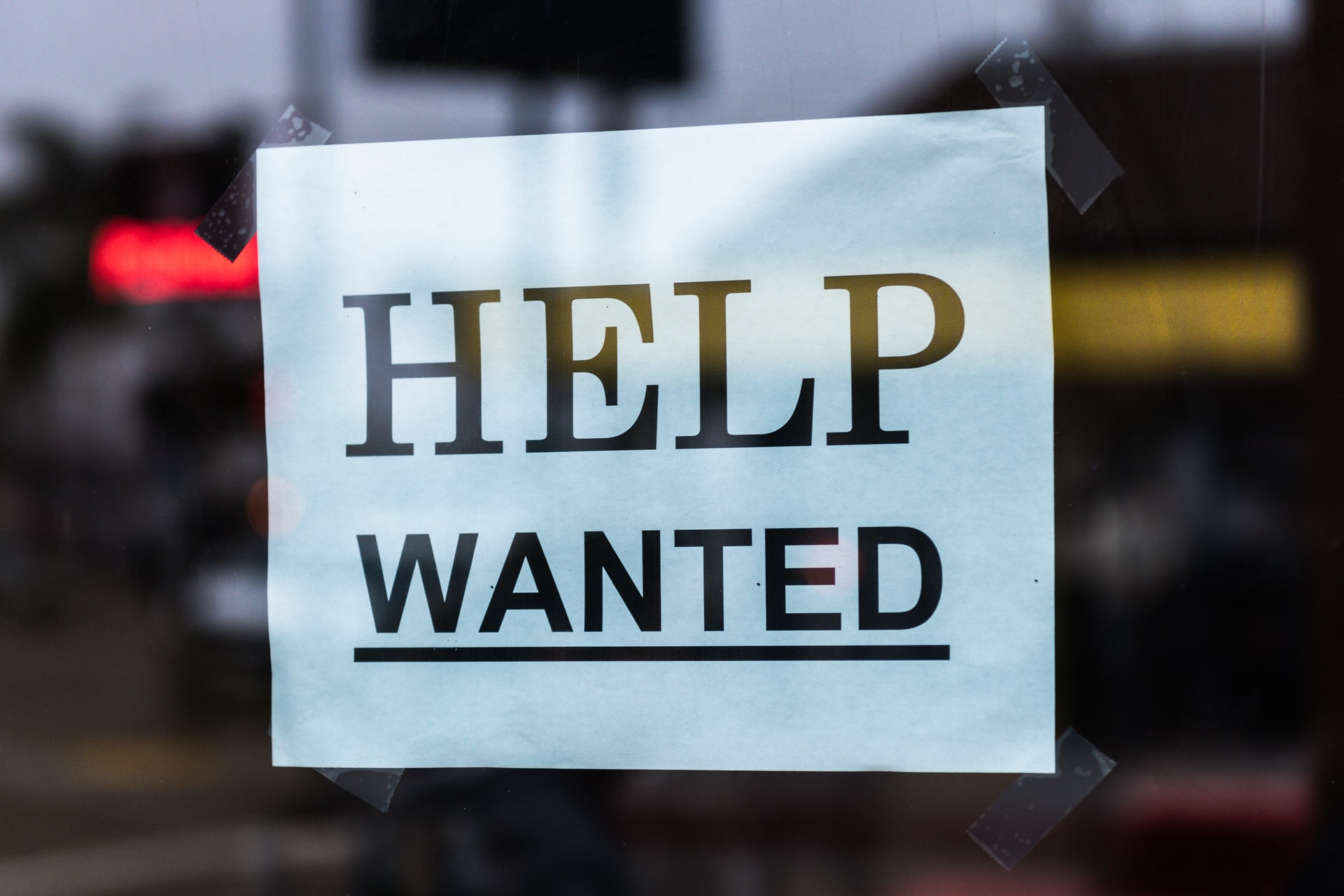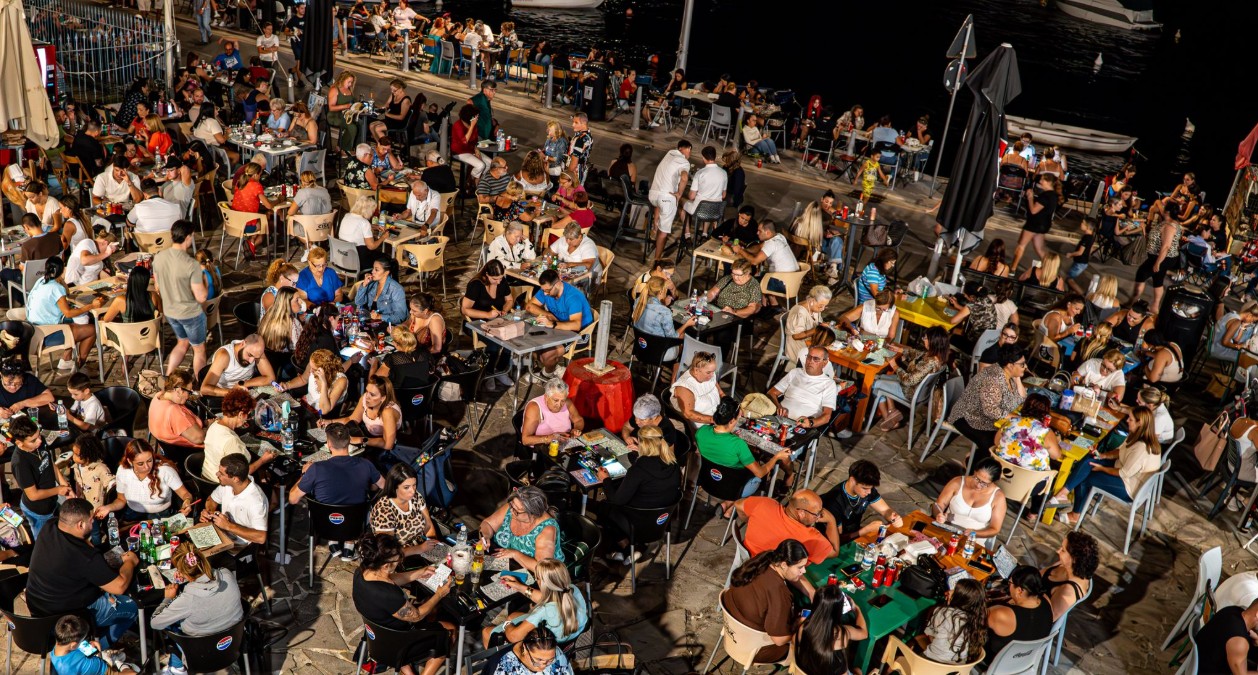As Malta reels from yet another day of breaking daily COVID-19 records, with close to 1,300 people testing positive between Monday and Tuesday and the tally of active cases, reaching 7,735, major concern about the impact on the economy due to the number of people in quarantine is being raised.
If each active case lives with at least one person, this would translate into 15,470 individuals in quarantine, with the number certainly being higher when factoring in workplace contacts and entire school classrooms needing to quarantine due to a positive case. The Times of Malta places a conservative estimate of 30,000 individuals being stuck in isolation this week.
Malta Employers Association Director General Joseph Farrugia said to BusinessNow.mt, following a request for comment:
“The number of people under quarantine is increasing steadily and companies are facing loss in business due to absence from work, loss in sales, and a drop in tourism.”
Indeed, a spike in COVID cases across Europe and at home has led to cancelled travel holidays and increased restrictions all around.
Speaking about those sectors worst impacted by the recent spike and resulting quarantine, Mr Farrugia says it is retail, catering and hotels, pointing out that many offices are on shutdown during this festive period.
For hospitality and tourism, this is yet another challenge after an exceedingly difficult year which saw staffing issues many workers leave the sector and high pent up demand by consumers
Mr Farrugia added, however, that “the number of affected companies will certainly escalate in January, especially if schools shift to online tutoring.”
Asked whether for some businesses wage bills are poised to explode, as staff work overtime to make up for their colleagues in quarantine, Mr Farrugia says it goes beyond this, due to lost output and “drop in business that is crippling some companies”.
Over the past week, some countries around the world have altered quarantine rules, prompting many in Malta to question whether the country should go down the same route.
The United States has halved the recommended isolation time for people with asymptomatic COVID-19.
Last week, the UK also cut its self-isolation period from 10 days to seven. Quarantine for vaccinated and unvaccinated people who have tested positive for coronavirus can be reduced by three days if they get the all-clear from lateral flow tests.
Meanwhile, South Africa announced it has done away with quarantine completely for everyone except those who are displaying symptoms, including people who have tested positive but show no symptoms, as long as they wear a mask and social distance in public.
Asked whether the MEA is calling for changes to Malta’s current 14-day quarantine policy, he firmly said it is up to the health authorities, not employers.
“If we do not need to retain a 14-day quarantine-period, then a reduction will be welcome. However, having the employer pay for the quarantine period – minus an allowance – is a burden on employers”, he added, in reference to current aid measures in place.
He pointed towards the MEA’s stance on what the organisation believes the Government should be focusing on, namely, intensifying measures that prevent dense public gatherings, strict enforcement of such measures, setting a good example, and providing clear guidelines about protocols to be adopted in workplaces, such as what to do in the case of unvaccinated employees.
In terms of restrictions, the Government has recently re-imposed a ban on standing events, and will only be allowing vaccinated customers into hospitality and entertainment establishments, as well as gyms.
Regarding workplace protocols the MEA has long called for clarity on the rights of employers when it comes to vaccinated and unvaccinated staff, chiefly whether an employer can request the vaccine status of workers.
From halls to packed streets: How tomobla is reinventing itself for a new generation
Eyes down, marker held strong, and hopes high!
Malta’s milk heritage celebrated in new book
The book 'captures the rich heritage and evolving story of a product that has nourished generations and shaped local traditions'
Deloitte caught using hallucinating AI in report for Australian Government
The firm has since agreed to refund the final instalment of its contract






